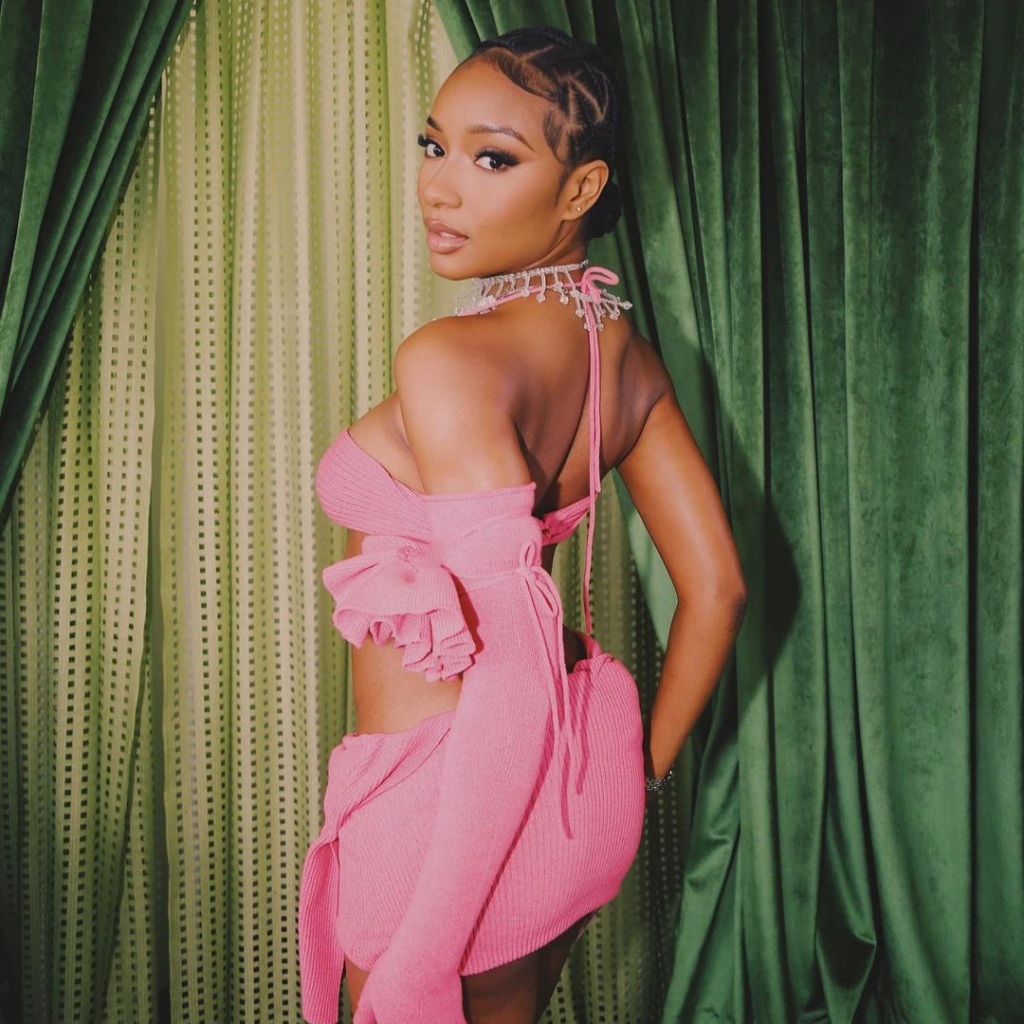Ayra Starr has built a hyper-feminine pop persona, and it’s drawn the ire of many Nigerian men online. Now, as she celebrates a Platinum certification in the UK for her Grammy-nominated hit, “Rush,” an old, ridiculous rumour has resurfaced: that she smells.
If that sounds absurd, it’s because it is — but it’s also familiar. Women who defy expectations have long been slapped with the “dirty girl” label, a last-ditch attempt to shame them into silence or submission.
It’s a pattern I’ve seen play out since childhood.
At 10, I had an outspoken classmate who never let the boys dominate the “boys are better than girls” debate. Like many of us, she probably had never done her own laundry, and her uniform sometimes had oil stains. Still, it wasn’t her hygiene that made kids dub her a “dirty girl,” it was her refusal to shrink herself. Zoom out, and we were all sweaty, messy preteens, but only she got marked.
This shaming tactic isn’t confined to playgrounds — it shows up in pop culture too.
In the 2012 movie, Dumebi the Dirty Girl, Mercy Johnson plays Dumebi, a loud, proud pastor’s daughter who refuses to conform to village expectations. After she gets pregnant by a city visitor, Frank (Kenneth Okonkwo) and moves in with him, she clashes with his fiancée (Nuella Njubigbo), who sneers that Dumebi “doesn’t know how to douche.” The insult is revealing: it has little to do with actual hygiene, and everything to do with punishing Dumebi’s nonconformity and sexual independence.
Ayra Starr’s case fits this pattern. Her short skirts have long been a target, with critics trying (and failing) to pressure her into covering up. Now, the accusation that she smells feels like the ultimate effort to shame her into submission.
A clip from her “Gimme Dat” promo video, where Wizkid makes a funny face near her, has been offered as “proof” that she smells. An old photo with Rihanna, where the singer puts her hand over her nose, is adding fuel to the baseless narrative. Ayra, for her part, has largely shrugged off the noise, focusing instead on her music and milestones.
It’s telling (and deeply frustrating) that hours after Ayra’s major achievement, the internet rushed to humble her — not with critiques of her talent, but with schoolyard-level taunts designed to humiliate.
We’ve seen this tired script before. Tacha Akide of Big Brother Naija, known for her fiery personality, was also hit with “smelling” rumours, even getting mocked by Zlatan in a song. Activist Aisha Yesufu, after a public clash with Seun Kuti last year, was also accused of “smelling.”
ALSO READ: The Rise of the Uzama Brothers: How Edo Rap Took Over Nigeria
What unites these women? They are outspoken, unapologetic, and visible in public life.
Claims like “she smells” are rarely about truth. They’re about casting women as unclean, undesirable, or unfeminine — traits society weaponises to strip them of influence or credibility. Unlike critiques of skill, accusations about smell are visceral; they bypass logic and go straight for humiliation.

Many of these women — Tacha, Yesufu, and now Ayra Starr — were asserting themselves in public spaces when the accusations surfaced. That’s no coincidence. Smell accusations aren’t random; they’re reactions to women who refuse to shrink themselves.
By the end of Dumebi the Dirty Girl, Dumebi finds a new man and begins to soften. Her loud, opinionated self is finally tamed, and only then does Frank decide she’s desirable. Did the “smell” go away? Did she finally learn to douche? How did she stop being a “dirty girl”?

It becomes clear: it was never about being dirty — it was always about conformity. And as Ayra Starr’s rise shows, you can’t silence a woman who refuses to shrink.
